High cholesterol is among the most common medical problems in the United States. Having high cholesterol drastically increases the risk of having a heart attack, stroke, and/or death from heart disease and medication can be an effective option when determining how to lower cholesterol quickly. In this article, the different high-cholesterol medications and non-medication remedies that could reduce your risk of death due to heart disease from the effects of high cholesterol will be covered. An infographic on high cholesterol medication is included for quick reference which can be shared.
Have questions on high cholesterol medications and how to lower cholesterol? If you don’t find them in the infographic and article below or just want more information, you can ask a pharmacist online 24/7 with Medidex Connect.
Please include attribution to medidex.chat with this image.
To Share this Image On Your Site:
How to Lower Cholesterol Quickly
Cholesterol is most effectively lowered by medications and lifestyle changes like diet improvement and regular exercise.
High Cholesterol Medication
Statins
Statins are the first-line medications used to lower cholesterol. Statins are a class of high cholesterol medications that work by halting the production of “bad” cholesterol (LDL) in the liver while also increasing the amount of “good” cholesterol (HDL). Some statins can lower LDL cholesterol by over 50%. Statins also have antioxidant effects, slow plaque formation in blood vessels, and have anti-inflammatory properties. Some common examples are:
- Atorvastatin (Lipitor)
- Rosuvastatin (Crestor)
- Simvastatin (Zocor)
- Pravastatin (Pravachol)
- Fluvastatin (Lescol XL)
- Lovastatin (Altoprev)
- Pitavastatin (Livalo)
Since most of the body’s cholesterol is produced at night, some providers may recommend taking your statin at night for maximum effectiveness. This is true for most statins, but may not be necessary for statins with longer half-lives like atorvastatin, rosuvastatin, and pitavastatin.
Side Effects of Statins
The most common side effects of statins are:
- Muscle pain
- Muscle pain (myalgia) is the most commonly reported side effect of statin medications, occurring in approximately 1 to 10% of patients. This can range in severity from person to person.
- In less than 0.1% of patients, this muscle pain can progress to rhabdomyolysis, which is a life threatening condition requiring immediate medical attention.
- If muscle pain does occur with one statin, it may alleviate once discontinued and/or switched to a different statin.
- Liver injury
- In some patients, statins can cause increases in AST and ALT, which are blood tests that may indicate liver dysfunction or liver injury. Your provider may choose to monitor these values periodically. If this occurs, these typically return to normal after discontinuing the statin.
The above list is not all-inclusive. If you think you may be experiencing a side effect of a statin, it is best to contact your provider for evaluation.
Other High Cholesterol Medication
Ezetimibe (Zetia)
Ezetimibe is a commonly used medication to help lower cholesterol if statins are not enough or if a person is unable to take a statin. Ezetimibe works by blocking cholesterol absorption into the bloodstream from the intestines. Ezetimibe may further lower cholesterol by up to 20%. Ezetimibe has a low incidence of side effects, however may cause muscle pain and liver injury similar to statins. Ezetimibe is relatively inexpensive, and is available alone or in a combination pill with simvastatin (Vytorin).
Bile Acid Sequestrants
Bile acid sequestrants are a class of medications that may be added onto statin therapy to further lower cholesterol by up to 30%. Some examples are:
- Colestipol (Colestid)
- Colesevelam (Welchol)
- Cholestyramine (Questran)
Bile acid sequestrants work as a high cholesterol medication by binding to bile acid in the intestine and stopping it from being absorbed into the bloodstream. The body then has to use available cholesterol to produce the additional bile acid it needs which in turn lowers cholesterol levels. Since these medications are not absorbed from the gastrointestinal tract, they may be associated with adverse effects such as nausea, constipation, abdominal pain, etc. Bile acid sequestrants may also stop the absorption of other medications from the gastrointestinal tract, so it is important to discuss with your pharmacist and provider to ensure it is safe to proceed.
PCSK9 Inhibitors
PCSK9 Inhibitors are increasingly popular injectable high cholesterol medication used to lower cholesterol if other medications are at maximum dosages or are not tolerated. Examples are:
- Alirocumab (Praluent)
- Evolocumab (Repatha)
PCSK9 inhibitors bind to a specific protein in the liver to promote the breakdown of LDL cholesterol. These medications are given via a subcutaneous injection every 2-4 weeks. The most common side effect of this high cholesterol medication is reactions at the injection site (redness, pain, swelling, etc.). When added to statin therapy, they may further reduce cholesterol by up to 64%. These medications are relatively new, therefore their high cost may limit how widely they are used.
Bempedoic Acid (Nexletol)
Bempedoic acid is a newer medication that inhibits the production of cholesterol in the liver. It is typically added onto statin therapy to further lower cholesterol by up to 25%. The most common side effects are increased uric acid levels/gout (especially if there is a prior history of gout) and tendon rupture. Patients that are over 60 years old, taking corticosteroids or fluoroquinolones, or have kidney disease may be at increased risk of tendon rupture. This medication was approved by the FDA in 2020, and high cost may limit how widely it is used.
How to Lower Cholesterol Naturally
How to Lower Cholesterol Without Medication
Diet
Maintaining a healthy diet is one of the best natural ways to lower cholesterol. The American Heart Association specifically recommends consuming a diet that emphasizes intake of vegetables, fruits, whole grains, legumes, and healthy protein. They also recommend limiting intake of saturated fat, sweets, sugar-sweetened beverages, and red meat.
Exercise
A combination of healthy diet and exercise is more effective at lowering cholesterol than diet alone. The American Heart Association recommends three to four 40-minute sessions of moderate to vigorous intensity exercise per week for most adults. When combined with a healthy diet, LDL cholesterol may be decreased by 5-20%. An added benefit is a roughly 15% increase in HDL levels with this combination, which promotes overall cardiovascular health. For some patients, this may not be sufficient alone, however diet and exercise may decrease the amount of medication they need to be on.
Supplements That Can Lower Cholesterol
There are multiple supplements that have been theorized to assist with lowering cholesterol. These include:
- Fish oil: Though used mainly to help lower triglycerides, fish oil has been thought to lower cholesterol as well. Data has been mixed and currently, the American Heart Association does not recommend it be added for high cholesterol alone without high triglycerides. The most common side effects are fishy aftertaste, abdominal pain, and heartburn.
- Niacin: Though used primarily to lower triglycerides, niacin may mildly reduce LDL cholesterol as well. These benefits are generally seen at doses greater than 500 mg, although lower dosages are available over the counter. The most common side effects are flushing, itching, and gastrointestinal complaints.
- Red yeast rice: Most studies have shown that red yeast rice is effective at lowering cholesterol. Red yeast rice does contain monacolin K which identical to the medication lovastatin in varying concentrations. Because of this, it is not recommended to take red yeast rice in addition to statins due to the risk of additive side effects.
- Plant Sterols: When combined with a healthy diet, plant sterols may be effective in reducing LDL cholesterol at doses of 2-3 grams daily. Plant sterols are also effective for patients with familial hypercholesterolemia. Plant sterols are generally well tolerated with minimal side effects.
Always check with your provider or pharmacist before starting a new supplement, as they may not be safe for your specific medical conditions or other medications.
Conclusion
As described above, there are several different ways to lower cholesterol effectively and quickly. Healthy diet and exercise are recommended for most adults with cardiovascular disease, and high cholesterol medications may be recommended by your provider to further lower cholesterol levels.
If you have additional questions on how to lower cholesterol, medications for treating high cholesterol, or just want more information on high cholesterol in general you can connect with a licensed pharmacist on-demand using Medidex Connect.
References:
- Blausen.com staff (2014). “Medical gallery of Blausen Medical 2014”. WikiJournal of Medicine 1 (2). DOI:10.15347/wjm/2014.010. ISSN 2002-4436., CC BY 3.0 https://creativecommons.org/licenses/by/3.0, via Wikimedia Commons
- Grundy SM, Stone NJ, Bailey AL, et al. 2018. Guideline on the Management of Blood Cholesterol. Circulation. 2019;139(25). doi: https://doi.org/10.1161/cir.0000000000000625
- American Heart Association. “Cholesterol Medications.” www.heart.org, 2018, www.heart.org/en/health-topics/cholesterol/prevention-and-treatment-of-high-cholesterol-hyperlipidemia/cholesterol-medications.
- Mangione, Carol M., et al. “Statin Use for the Primary Prevention of Cardiovascular Disease in Adults.” JAMA, vol. 328, no. 8, 23 Aug. 2022, p. 746, jamanetwork.com/journals/jama/fullarticle/2795521, https://doi.org/10.1001/jama.2022.13044.
- Rosenthal, RL. “Effectiveness of altering serum cholesterol levels without drugs.” Proc (Bayl Univ Med Cent). 2000 Oct; 13(4): 351–355. doi: 10.1080/08998280.2000.11927704
- Natural Medicines. (2024, Aug 13). Fish oil [monograph]. naturalmedicines.therapeuticresearch.com.
- Natural Medicines. (2023, Apr 6). Niacin [monograph]. naturalmedicines.therapeuticresearch.com.
- Natural Medicines. (2024, Mar 29). Red Yeast Rice [monograph]. naturalmedicines.therapeuticresearch.com.
- Natural Medicines. (2023, Dec 8). Plant Sterols [monograph]. naturalmedicines.therapeuticresearch.com.
Disclaimer: This website does not provide medical advice. No content on this site is intended to be a substitute for professional medical advice, diagnosis, or treatment. All content on this site is for educational and informational purposes only, does not constitute medical advice, and does not establish any kind of patient-provider or client-professional relationship by your use of this website. Although we strive to strictly provide accurate and up to date general information, content available on this site is not a substitute for professional medical advice, and you should not rely solely on the information provided here. Always seek the advice of your physician or other qualified healthcare provider with any questions you may have regarding medical conditions, treatments, or medications.


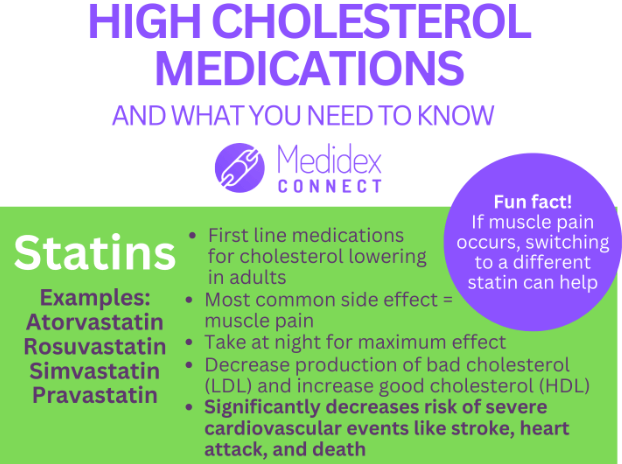
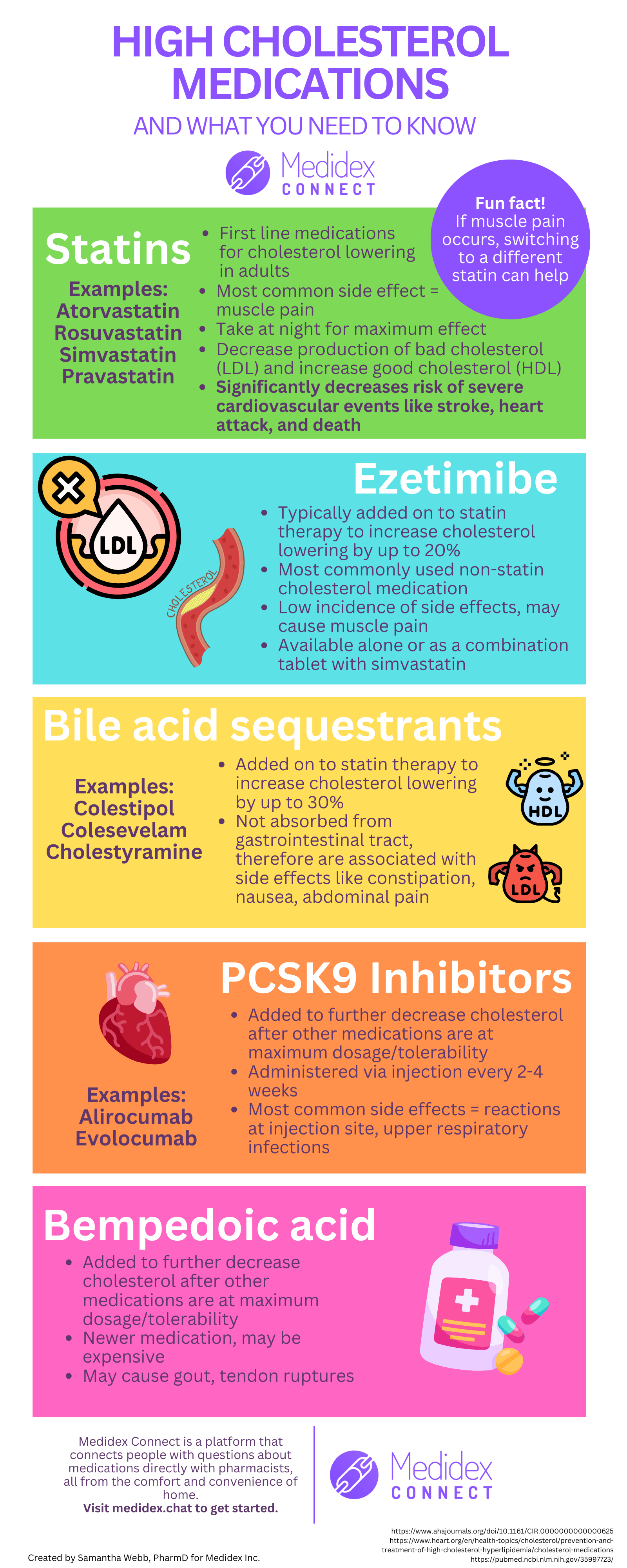
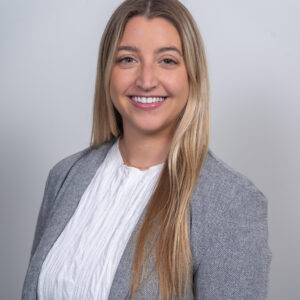
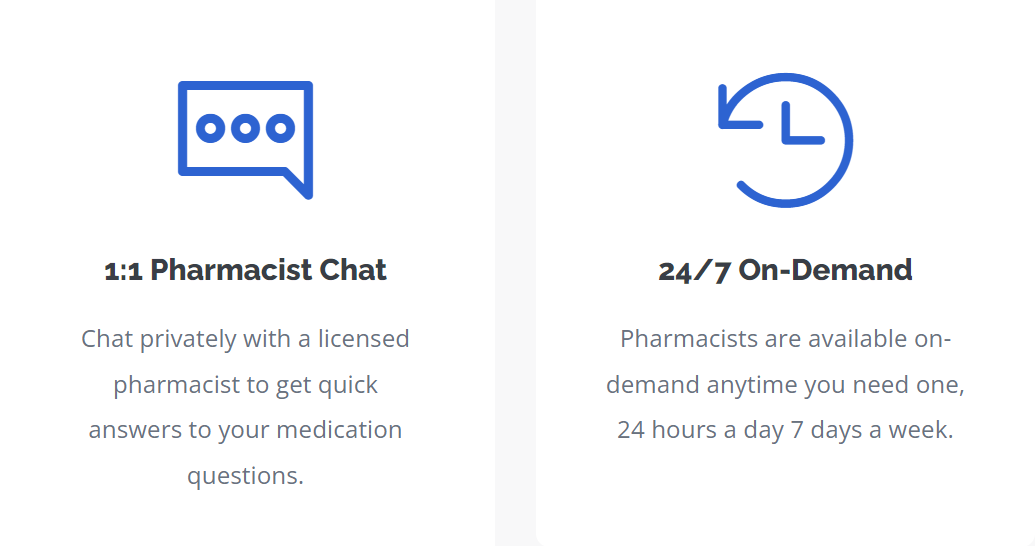
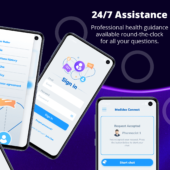
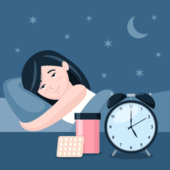
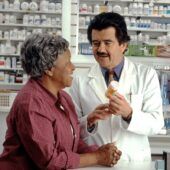
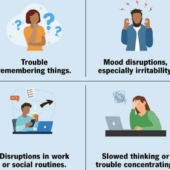
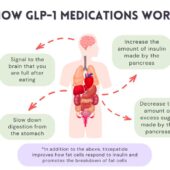
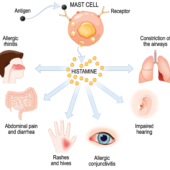
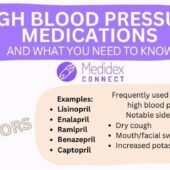
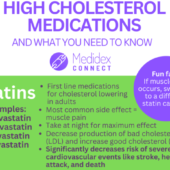
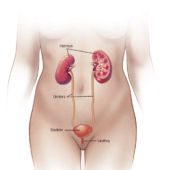
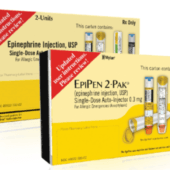
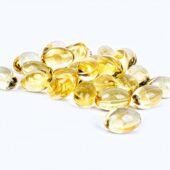

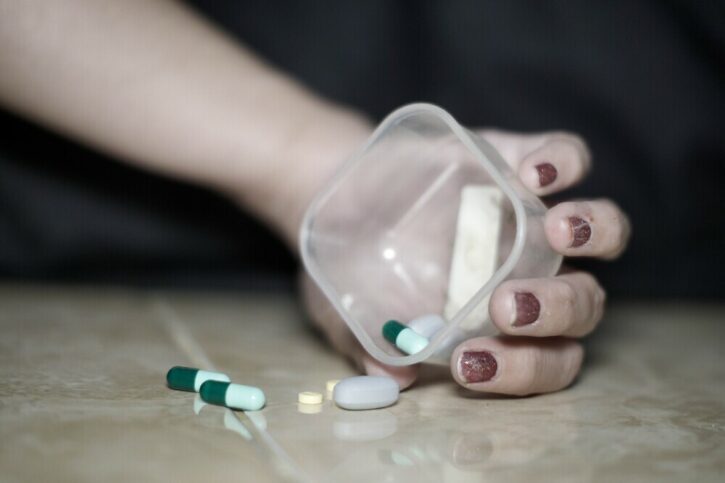
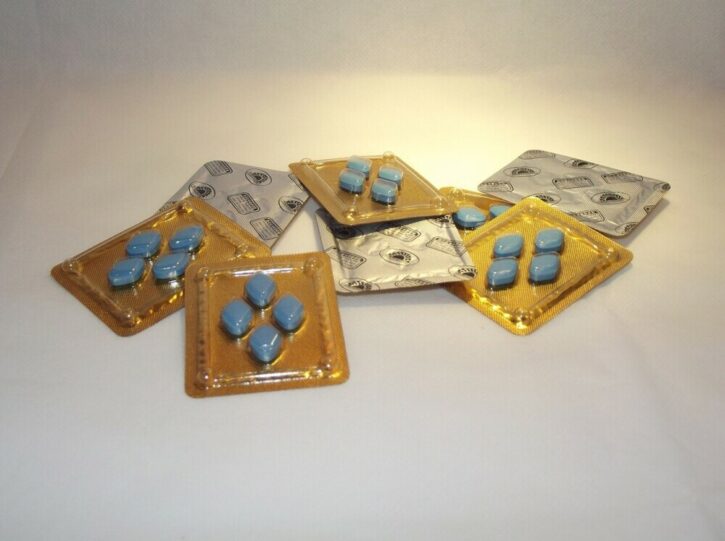


Andrew C.
September 28, 2024Great read! Informative and well written. Being able to save the visual chart was a very helpful bonus.